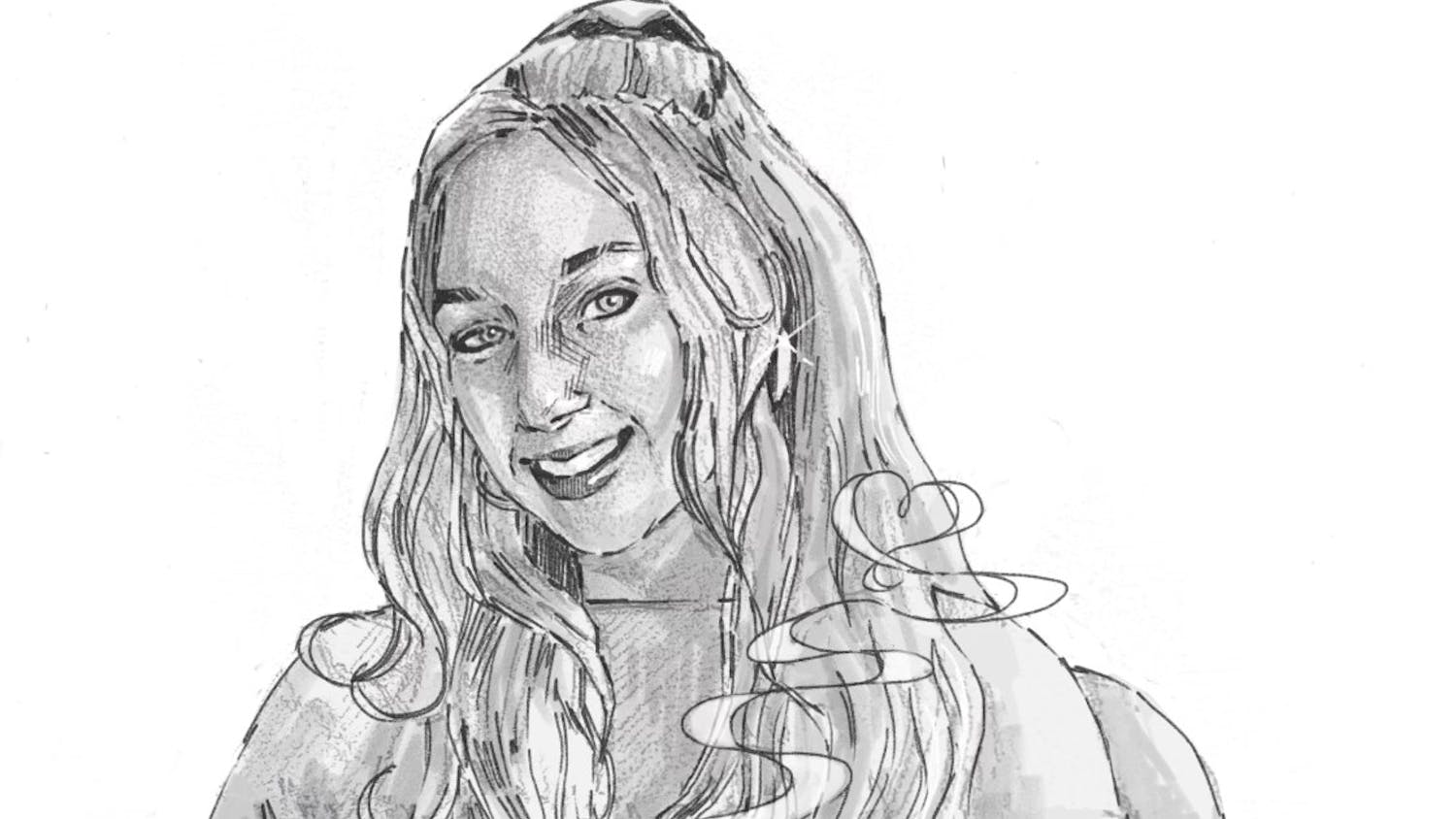Change seems to be a difficult thing to initiate around here. It's rare that a big change is made at the College without backlash against it. From the 1996 name-change to the construction of new buildings on campus, there always seems to be people ready to defend the principle of leaving things as they are, if only for convenience's sake.
In this case, the issue at hand is the academic transformation, which many say is a poor decision for the College.
Under this system, which is taking affect in the Fall 2003 semester, thecourse credit system will be discontinued and will be replaced with a course unit system. The standard courseload for students will be four classes per semester instead of the current five.
These changes were made based on a theory that students learn more from work outside class than they do during actual class time.
Faculty, under the new system, are expected to provide students with a more in-depth look at material. This allows departments across campus to become sharper and more focused in their presentation of ideas.
Other changes will accompany this, for instance the creation of new, specified rhetoric classes. Students will have options of picking rhetoric classes that focus in one particular area of study.
Among the several pilot classes created were Lenin to Lennon, an examination of social influence in Europe in the 20th century, and Rhetoric of War. These classes, while providing the same information as the current Rhetoric I, and Rhetoric II courses, will be more engaging, as students choose the topic most interesting to them.
The academic transformation was designed bearing in mind the affect it would have for all students, despite claims that it will negatively affect some. While there may be a handful of ill effects, it's important for the College to make this change.
We, as students, shouldn't settle for status quo when there may be a better, more efficient way of operating. Nor should we think this was a decision that was made with haste.
Possibilities for a change of this magnitude have been under review by both the Board of Trustees and the Faculty Senate since at least 1998.
Many different populations have had input in guiding the way this change is handled, including the student body, via the Student Government Association, our on-campus representatives to the administration.
The College has spent more than five years examining how to restructure its academics. It's difficult to imagine that, after all that time and effort, they would make a seriously detrimental decision.
The only drawbacks could apear because of faculty members unwilling to find new ways to challenge students, an integral part of the new system.
As an institution, we should always strive to be the best we can, and sometimes, in reaching this goal, we need to make fundamental changes.
While, yes, we are taking a risk, I think it's a worthy experiment.
Besides, if it's that bad, we can always switch it back.






